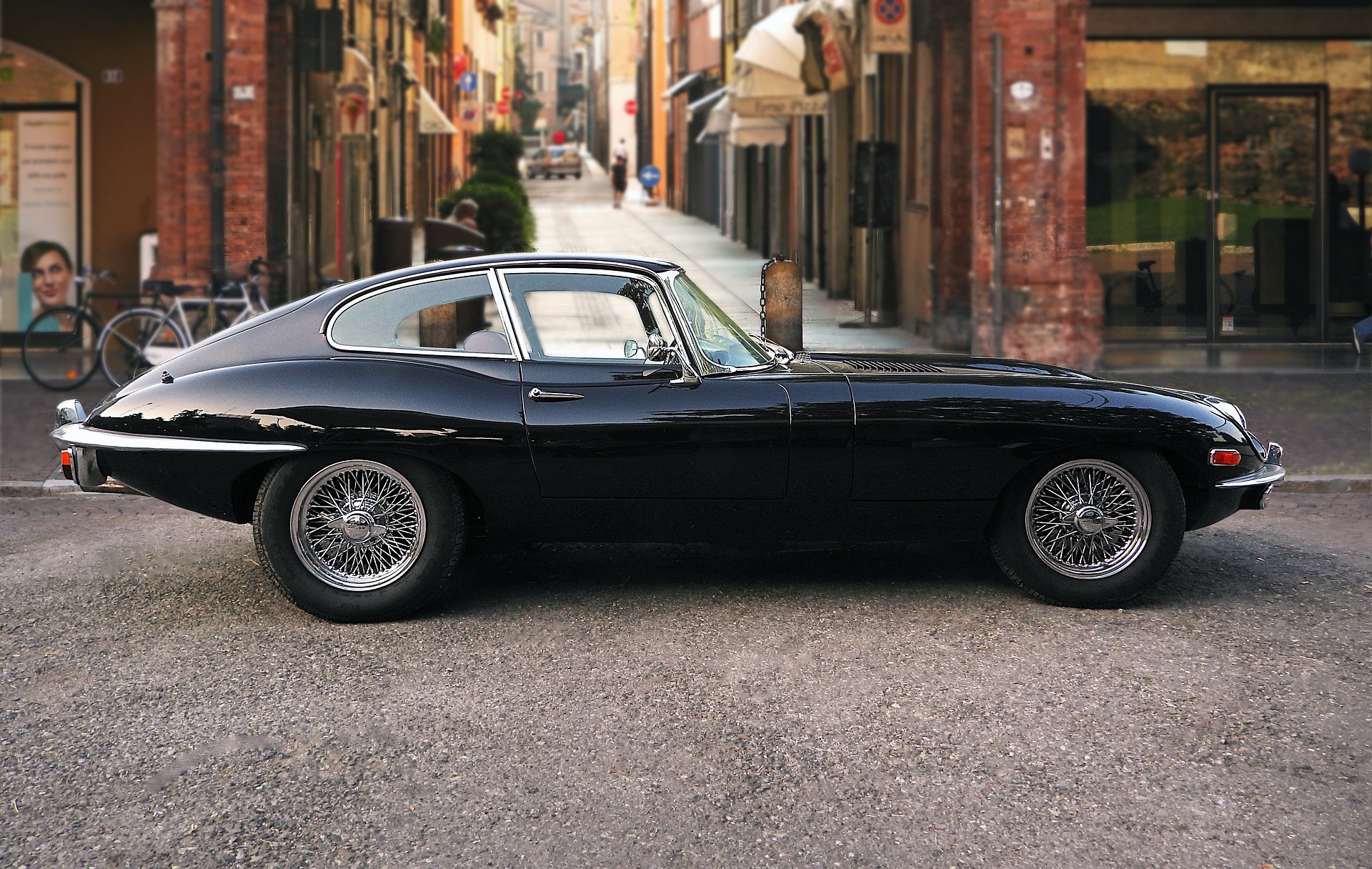The Intriguing Future of Hydrogen Fuel Cell Cars
Hydrogen fuel cell cars, while not as widely discussed as their electric counterparts, are an important part of the conversation surrounding sustainable transportation. Let's dive into the past, present, and future of this intriguing technology. Fuel cell technology was not originally conceived for automobiles. In fact, it dates back to the mid-19th century when British scientist Sir William Robert Grove developed the first fuel cell, which he called a "gas voltaic battery." It wasn't until the 1960s, during the height of the space race, that NASA began using fuel cells to provide power and drinking water for spacecraft.

The application of fuel cell technology in automobiles began in earnest during the 1990s. The first fuel cell car, the NECAR (New Electric Car), was introduced by Daimler-Benz in 1994. It was large, clunky, and impractical for everyday use, but it showcased the potential of hydrogen fuel cells in automotive applications.
The Current Landscape: Where Do We Stand Now?
Fast forward to today, and several automakers, including Toyota, Honda, and Hyundai, have introduced hydrogen fuel cell cars to the market. However, they remain relatively niche due to a number of challenges. The most significant of these is the lack of infrastructure - there simply aren’t enough hydrogen refuelling stations to support widespread adoption.
In terms of performance, hydrogen fuel cell cars offer some distinct advantages over traditional internal combustion engines. They are efficient, produce zero tailpipe emissions (only water), and can be refuelled quickly, unlike electric vehicles which can take several hours to charge.
The Road Ahead: The Future of Hydrogen Fuel Cell Cars
The future of hydrogen fuel cell cars largely depends on overcoming the infrastructure challenge. Governments and private companies around the world are investing in the development of more hydrogen refuelling stations, with Japan and California leading the way.
There are also ongoing efforts to make the production of hydrogen more sustainable. Currently, the majority of hydrogen is produced from natural gas, which involves a significant amount of CO2 emissions. However, methods to produce hydrogen from renewable sources, like wind and solar power, are being developed and refined.
The Impact: A Sustainable Future?
If these challenges can be overcome, hydrogen fuel cell cars have the potential to play a significant role in the transition to sustainable transportation. They offer the environmental benefits of electric cars without some of the drawbacks, such as long charging times and battery disposal issues.
However, it’s clear that for this future to be realized, significant investment and commitment from both the private sector and government will be required. As with any technological shift, there will be winners and losers, and it remains to be seen where hydrogen fuel cell cars will fit into the landscape.
Final Thoughts: A Piece of the Puzzle
Hydrogen fuel cell cars represent an intriguing piece of the puzzle in our quest for sustainable transportation. While they may not be the silver bullet solution, they offer interesting possibilities and could provide a valuable complement to electric vehicles in the future mix of clean transportation options. As we continue to innovate and push the boundaries of what’s possible, it will be fascinating to see how the story of hydrogen fuel cell cars unfolds.




